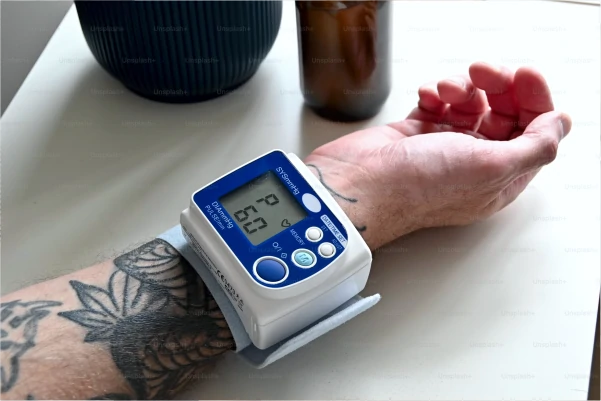
The Silent Revolution: How Primary Care and Early Detection Are Transforming Health
349
2
Discover how primary care services and early disease detection are changing the health landscape, offering a new perspective on prevention and management of medical conditions. This article explores the tangible benefits of a proactive approach to healthcare.
In a world where medicine advances by leaps and bounds, there's a silent revolution transforming the way we care for our health: primary care and early disease detection. These fundamental pillars of modern medicine are not only saving lives but also significantly improving the quality of life for millions of people worldwide.
The Power of Primary Care
Primary care is the first point of contact between the patient and the health system. It's here that a continuous and personal relationship between the doctor and the patient is established, creating a space of trust and mutual knowledge. This bond is crucial for several reasons:
- Comprehensive Care: Primary care physicians have a holistic view of the patient's health, considering not only physical symptoms but also psychological, social, and environmental factors that may influence their well-being.
- Continuity of Care: By maintaining a complete record of the patient's medical history, primary care professionals can offer more consistent and personalized care over time.
- Service Coordination: They act as coordinators, directing patients to specialists when necessary and ensuring that all care is well-integrated.
- Education and Prevention: They provide valuable information about healthy lifestyles and preventive measures, empowering patients to take control of their health.
Early Detection: A Paradigm Shift
Early disease detection is perhaps one of the most significant advances in modern medicine. By identifying health conditions in their initial stages, a range of possibilities opens up for effective treatment and management of diseases. The benefits of early detection are numerous:
- Better Treatment Outcomes: Many diseases, especially cancer, have significantly higher survival rates when detected and treated in early stages.
- Cost Reduction: Treating diseases in advanced stages is often more expensive and complex. Early detection can result in substantial savings for both the patient and the healthcare system.
- Less Impact on Quality of Life: Treatments for early-detected conditions tend to be less invasive and have fewer side effects, allowing patients to maintain a better quality of life.
- Prevention of Complications: Many chronic diseases, such as diabetes or hypertension, can be effectively managed if detected early, preventing serious complications.
Practical Implementation: Screenings and Detection Tests
Early detection is carried out through various examinations and tests, which vary according to age, gender, and individual risk factors. Some examples include:
- Mammograms for breast cancer detection
- PSA tests for prostate cancer
- Colonoscopies for colorectal cancer
- Pap smears for cervical cancer
- Blood pressure and cholesterol checks for cardiovascular diseases
- Blood glucose tests for diabetes
It's important to highlight that these examinations should be performed regularly and according to personalized medical recommendations.
The Future of Primary Care and Early Detection
As we move forward, technology is playing an increasingly important role in primary care and early detection. Telemedicine, wearable health monitoring devices, and genetic testing are expanding our capabilities to identify and manage health risks more accurately and earlier than ever before.
Conclusion
Primary care and early disease detection are not just the responsibility of the health system; each individual has a crucial role to play. Scheduling regular check-ups, participating in recommended screening tests, and maintaining an open dialogue with health professionals are essential steps to make the most of these services.
By adopting a proactive approach to our health, we are not only investing in our individual well-being but also contributing to a more efficient and effective health system for all. The silent revolution of primary care and early detection is underway, and we are all invited to be part of it.




